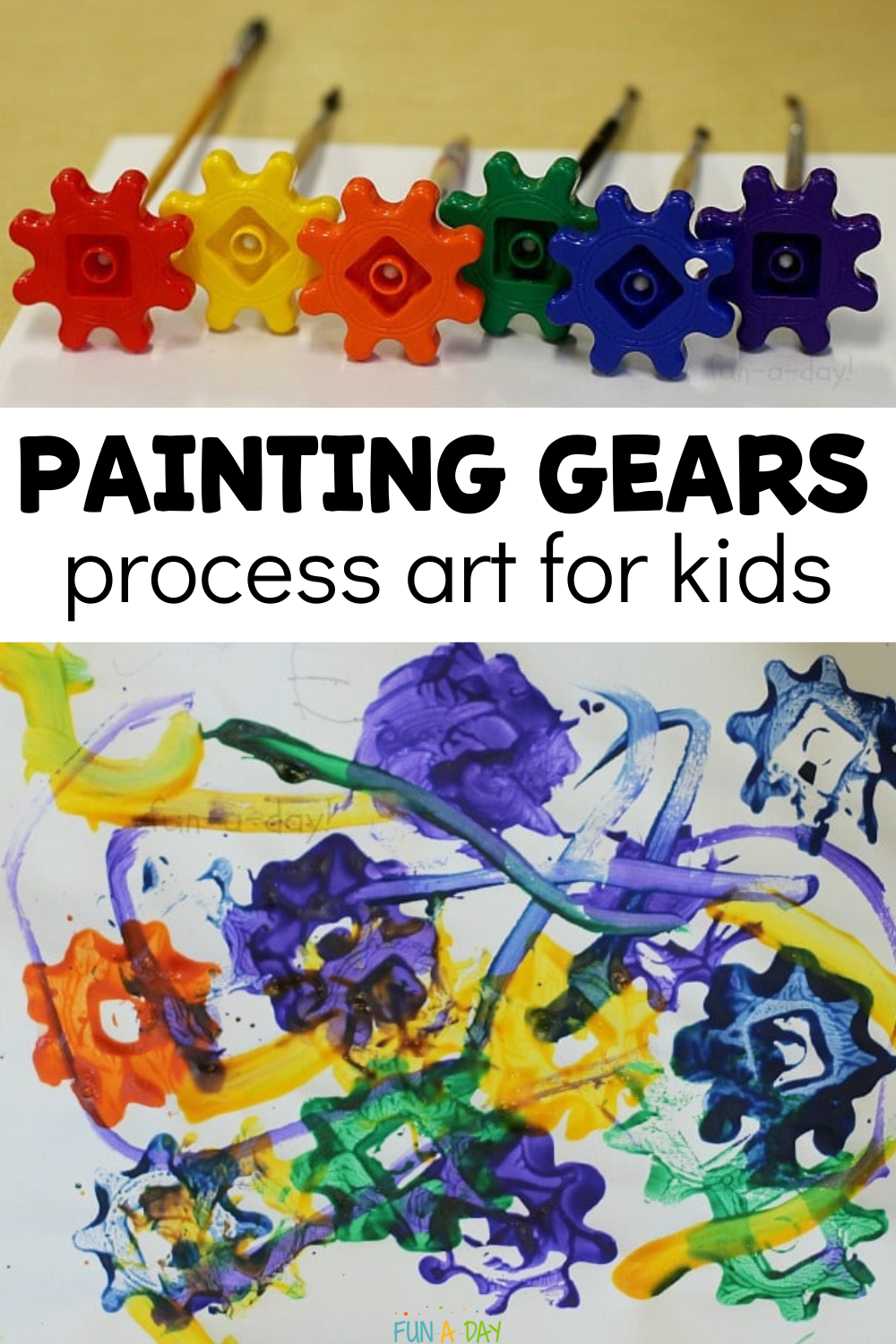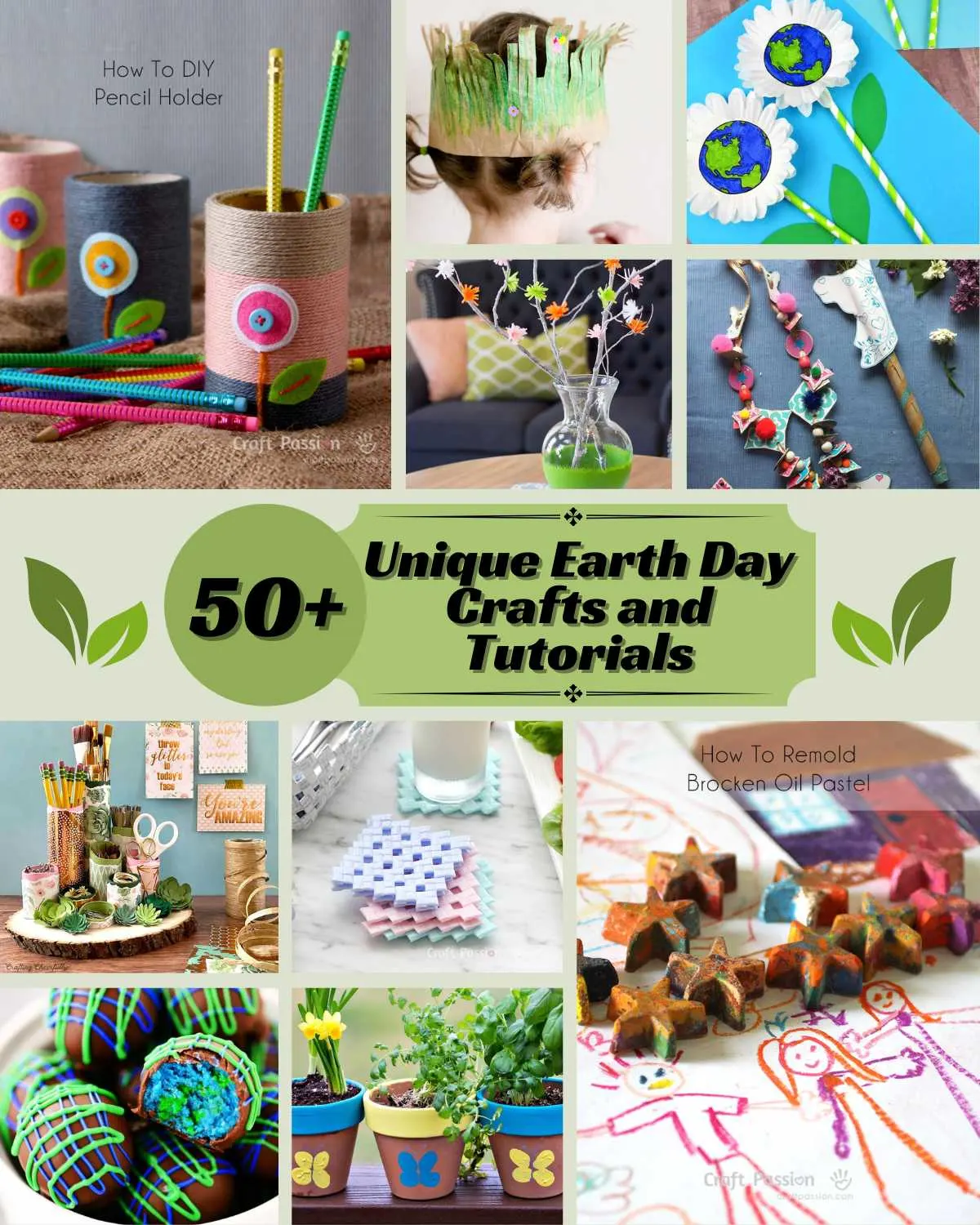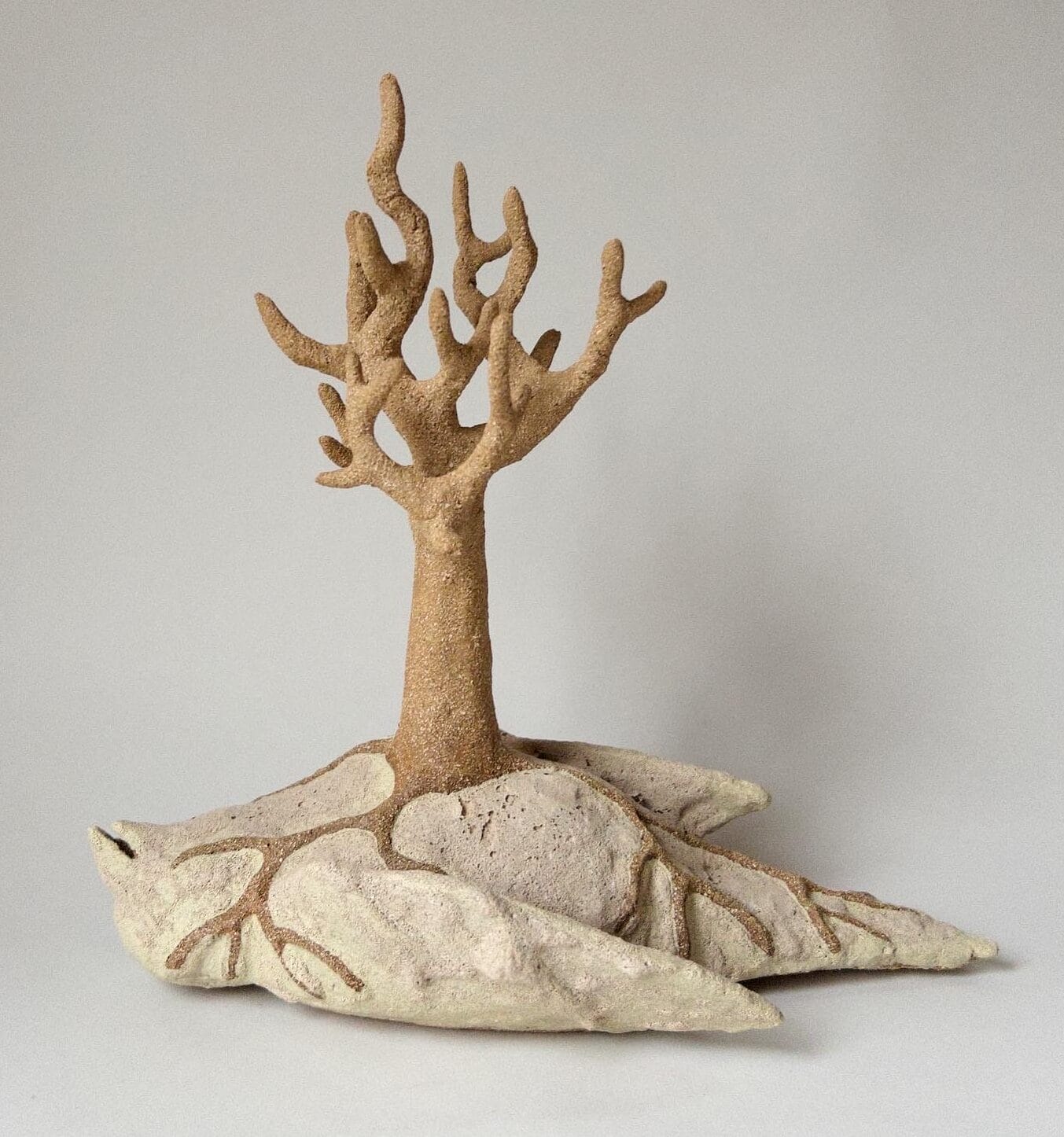The Importance of Manual Skills in the Development of Creativity

Unlocking Creativity Through Manual Skills
In today’s fast-paced society, where technology often takes center stage, the value of manual skills in nurturing creativity remains paramount. Engaging in hands-on activities not only stimulates cognitive growth but also enhances our ability to think outside the box. Unlike merely leveraging digital tools, cultivating manual skills encourages a deeper connection to the creative process through tangible experiences.
The benefits of developing manual skills extend far beyond artistry; they play a crucial role in shaping our problem-solving capabilities. For example, activities like woodworking or knitting require individuals to plan, measure, and execute with precision, which can significantly enhance problem-solving abilities. When faced with challenges, the skills honed through these hands-on experiences allow individuals to adapt effectively and develop innovative solutions. Think about a chef crafting a new recipe; the absolute necessity for experimentation and adaptation in cooking mirrors the creative processes in design or engineering.
Moreover, engaging in manual tasks can lead to improved concentration. Studies have shown that activities such as painting or sculpting foster an environment of focus and mindfulness. This immersive engagement forges a state of flow, where individuals can lose themselves in their work, thereby enhancing not just the quality of the output but also creating a sense of peace and accomplishment. As a result, cultivating manual skills can help combat digital distractions and prolong our attention spans.
Furthermore, the profound impact on increased confidence should not be underestimated. Successfully completing a project, whether it be a handcrafted piece of furniture or a complex sewing pattern, can instill a sense of achievement. This boost in self-esteem encourages individuals to take risks in other creative endeavors, propelling them further into their artistic journeys.
Engaging in tactile experiences also supports cognitive development by strengthening brain connectivity. Activities that involve crafting, like pottery or model building, stimulate various neural pathways and foster the development of fine motor skills. For example, children who engage in these activities have shown improved dexterity, which can enhance their learning abilities in academic settings. This is crucial in a country where hands-on learning can sometimes be overshadowed by standardized testing.

Many influential figures across various fields, from artists to entrepreneurs, attribute their successes to a grounding in manual crafts. Take, for instance, the iconic architect Frank Lloyd Wright, who often spoke about the importance of physical construction as part of the design process. His belief that tangible experiences directly inform theoretical concepts underscores how manual skills serve as an essential springboard for innovative thought. Each brick laid or sketch drawn reflects a blend of manual aptitude and creative insight.
Ultimately, exploring manual skills cultivates a vibrant avenue for individual expression and primes future generations for innovative opportunities. As we delve deeper into how tactile experiences intertwine with creative growth in the contemporary landscape, it becomes apparent that fostering these skills is not merely an exercise in craftsmanship but a fundamental aspect of human development. Whether through community workshops, arts and crafts classes, or DIY home projects, the journey of creativity begins with the touch of our hands.
Dive deeper: Click here to discover sustainable crafting projects
Bridging Creation and Learning: The Role of Manual Skills
In an era dominated by screens and virtual interactions, the integration of manual skills is crucial for fostering creativity and enriching individual experiences. Engaging with hands-on activities not only allows for the expression of artistic flair but also serves as a vehicle for cognitive and emotional development. The tactile nature of manual work engages multiple senses and reinforces learning in profound and lasting ways.
One of the vital aspects of manual skill development is its impact on critical thinking. Often, the process of creating something with one’s hands involves a series of choices that require thoughtful consideration. Whether one is assembling a model airplane or crafting jewelry, every decision—from material selection to design execution—demands a level of anticipation and judgment. This iterative process sharpens analytical skills and fosters a mindset geared toward exploration and inquiry, essential qualities in today’s complex world.
Additionally, engaging in manual skills has been shown to enhance creativity through experiential learning. Unlike traditional classroom settings, hands-on activities provide opportunities for trial and error that are fundamental to the creative process. For instance, a young child working with clay learns about shape, texture, and form, gaining an appreciation for three-dimensional space while experimenting with their ideas. Each misstep leads to new insights, fostering resilience and adaptability—traits that are increasingly crucial in our rapidly changing society.
Furthermore, the social aspects of manual skill activities cannot be overlooked. When individuals collaborate on projects, they engage in collective problem-solving, which inherently boosts interpersonal skills and fosters a sense of community. Initiatives such as community art projects, group pottery classes, or even DIY home improvement workshops offer platforms for individuals to share knowledge, inspire one another, and build connections. This social learning not only enriches creative output but also strengthens community bonds, creating an environment where creativity can thrive.
The benefits of manual skills can be categorized into several key areas:
- Enhancing Problem-Solving Skills: Overcoming challenges in physical projects translates to improved strategies in abstract problem solving.
- Strengthening Focus: Hands-on activities demand attention to detail, cultivating greater concentration and mindfulness.
- Boosting Confidence: Completing projects fosters a sense of accomplishment that encourages individuals to explore further.
- Fostering Social Connections: Collaborative projects lead to shared learning experiences and increased interpersonal relationships.
Research continues to highlight the connection between manual skills and enhanced cognitive abilities, particularly in children and young adults. Studies conducted by institutions like the University of Minnesota and the American Educational Research Association have shown that students participating in hands-on learning environments show improved performance in academic subjects compared to their peers reliant solely on traditional teaching methods.
As we delve further into the implications of manual skills for personal growth and creativity, it becomes increasingly evident that these activities are not merely hobbies but are essential to fostering an imaginative and innovative mindset. By encouraging tactile exploration, we not only ignite the flames of creativity but also forge profound connections between individuals and their surroundings. In a world that often prioritizes speed and efficiency, the process of creating something with one’s own hands continues to deliver enduring rewards, both personally and collectively.
In today’s digital age, the significance of manual skills in fostering creativity cannot be overstated. Engaging in hands-on activities allows individuals to explore their imaginative capabilities in ways that digital mediums often cannot replicate. This connection to tangible materials ignites the senses, nurturing innovative thinking and problem-solving skills.Moreover, manual skills such as crafting, painting, or even woodworking enhance cognitive abilities by promoting fine motor skills and spatial awareness. These technical skills lay a foundation that aids the creative process. For instance, artists employing traditional techniques often find themselves more attuned to their materials, leading to more refined and expressive work. In this way, the physical act of creating directly influences the quality of imaginative output.Furthermore, manual engagement in art and crafts is linked to positive emotional and mental health benefits. Studies have shown that creating handmade items can act as a form of therapy, reducing stress and enhancing overall well-being. The act of focusing on the task at hand, whether it’s knitting a sweater or assembling a model, provides a sense of accomplishment and satisfaction. This emotional release can serve as a catalyst for further creative exploration.In educational settings, encouraging manual skills is essential for developing critical thinking. By working through practical challenges and experimenting with various techniques, students learn to view problems from multiple perspectives. This hands-on approach cultivates adaptability and resilience, traits that are invaluable in both personal and professional realms.As we delve deeper into understanding the role of manual skills in creativity, it becomes clear that the benefits extend beyond simple artistic expression. The integration of craftsmanship and creativity in daily life shapes individuals who are not only adept at thinking outside the box but also possess the necessary skills to bring their ideas to fruition. As we unravel this rich tapestry of creativity, it’s crucial to recognize the underlying manual skills that contribute to the complex process of artistic innovation.
| Creative Development | Key Benefits |
|---|---|
| Enhanced Problem-Solving | Fostering critical thinking through hands-on experiences. |
| Emotional Well-being | Craft activities promote mental health and reduce stress. |
DISCOVER MORE: Click here to delve into the art of nature photography
Nurturing the Creative Mind: Strategies and Impacts of Manual Skills
As we explore the dynamic relationship between manual skills and creativity, it is essential to recognize that these skills are not merely the province of artists or craft enthusiasts. They are vital for individuals across various fields and disciplines, from engineering to culinary arts. The tangible experience of creating with one’s hands provides an enriching platform for innovation and artistic expression.
One area where the impact of manual skills is profoundly noticeable is in the STEM (Science, Technology, Engineering, and Mathematics) fields. Many modern educational philosophies emphasize the importance of shouldering creativity alongside technical skill development. Programs that blend arts and sciences, such as STEAM (adding arts to STEM), advocate for hands-on experimentation and design-based learning. For instance, a robotics club not only teaches students coding and engineering but also encourages them to prototype and design physical robots, leading to creative solutions for challenges they encounter.
Moreover, manual skills are integral in developing emotional intelligence. When individuals engage in creative projects, especially those that involve a communal aspect, they often find themselves expressing emotions that are sometimes challenging to articulate verbally. This journey through creation allows for personal reflection and self-expression, promoting mental well-being. For instance, art therapy utilizes manual skills to help individuals process emotions and experiences, showing how creativity can serve as both a therapeutic outlet and a tool for emotional growth.
Additionally, the rhythmic, repetitive movements involved in many manual skills, such as knitting, woodworking, or pottery, have been associated with promoting mindfulness. Engaging in such activities can help individuals enter a state of flow, where their focus heightens, reducing anxiety and enhancing overall productivity. In schools across the United States, educators have recognized the importance of incorporating activities like woodworking or gardening into curricula, not just as ways to teach practical skills but as methods for centering attention and building focus in students. This holistic approach solidifies the link between manual skills, creativity, and mental health.
Notably, the rise of the maker movement in recent years has further underscored the growing understanding of the importance of manual skills within society. Community spaces known as makerspaces provide access to tools and resources for individuals to build, create, and innovate. This collaborative milieu not only democratizes creativity but fosters a spirit of entrepreneurship. Here, aspiring inventors and artists can experiment and iterate on their ideas, learning valuable lessons from both successes and failures. The synergy of manual skills and creative expression is at the heart of this movement, showcasing how making things can lead to ground-breaking innovations.
Moreover, research consistently shows that people engaged in manual tasks experience higher levels of satisfaction and happiness. The act of creating can serve as a restorative practice in an increasingly fast-paced digital world. By investing time in manual activities, individuals create not just physical products but also rich, meaningful experiences that contribute to their personal and communal identities. Those who participate in hobbies that emphasize design and creation often report not only a sense of accomplishment but also a deeper connection to their community and environment.
Fundamentally, the importance of manual skills extends beyond mere technique; they are the conduits through which imagination and reality meet. When harnessed effectively, they can open up new avenues for innovation, emotional expression, and community engagement, making a compelling case for placing greater emphasis on these skills in both educational systems and personal development. As we move forward in a world that often prioritizes technological speed, cultivating manual skills ensures that creativity remains at the forefront of our collective human experience.
DISCOVER MORE: Click here to dive into the art of molecular gastronomy
Conclusion: Embracing Manual Skills for Creative Flourishment
In conclusion, the importance of manual skills in the development of creativity cannot be overstated. As we have explored, these skills transcend mere craft and artistry, forming an essential building block in various fields, particularly in STEM disciplines that benefit immensely from a creative approach. The integration of hands-on experiences not only enhances technical abilities but also nurtures innovative thinking and problem-solving, vital in today’s complex world.
Moreover, the emotional and psychological benefits of developing manual skills—such as fostering emotional intelligence and promoting mindfulness—are invaluable. As individuals engage in creative activities, they embark on a journey of self-discovery and expression, which can lead to improved mental well-being and stronger community bonds. The role of manual skills in art therapy exemplifies the profound impact that creativity has on personal growth and emotional processing.
The rise of the maker movement further highlights society’s growing recognition of the significance of manual skills. By providing spaces for collaboration and experimentation, makerspaces have democratized the creative process, encouraging individuals to explore their inventive potential. This revolution in creativity not only sparks innovation but also enhances community engagement, creating a network of creators who learn from one another.
As we advance in an era dominated by technology, it is crucial to maintain a balance that values and prioritizes manual skills alongside digital expertise. By doing so, we pave the way for a future where creativity thrives, enriching our lives and the societies we inhabit. Let us continue to advocate for the integration of manual skills into educational systems and personal endeavors, ensuring that the spirit of creativity remains robust and accessible for all.


